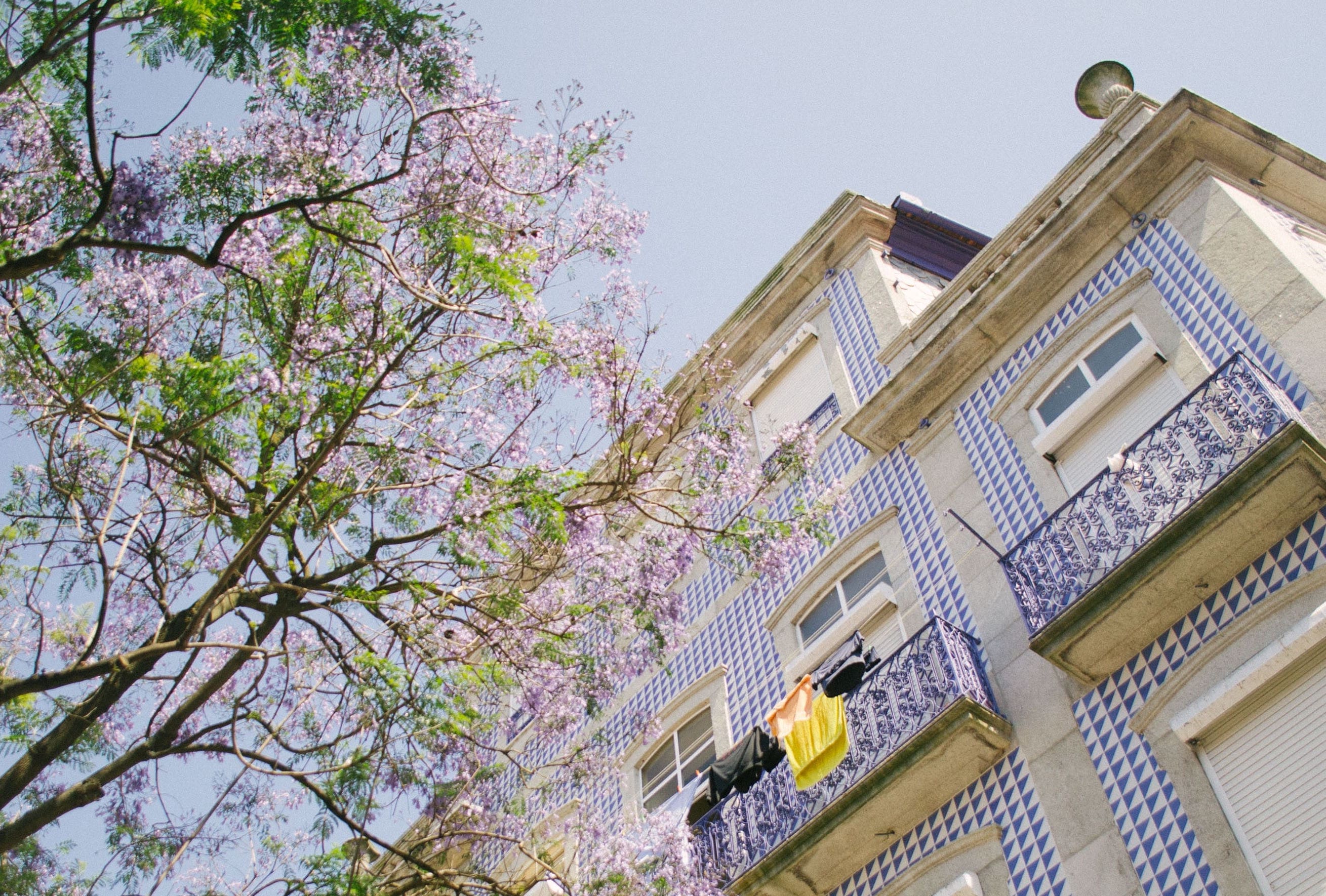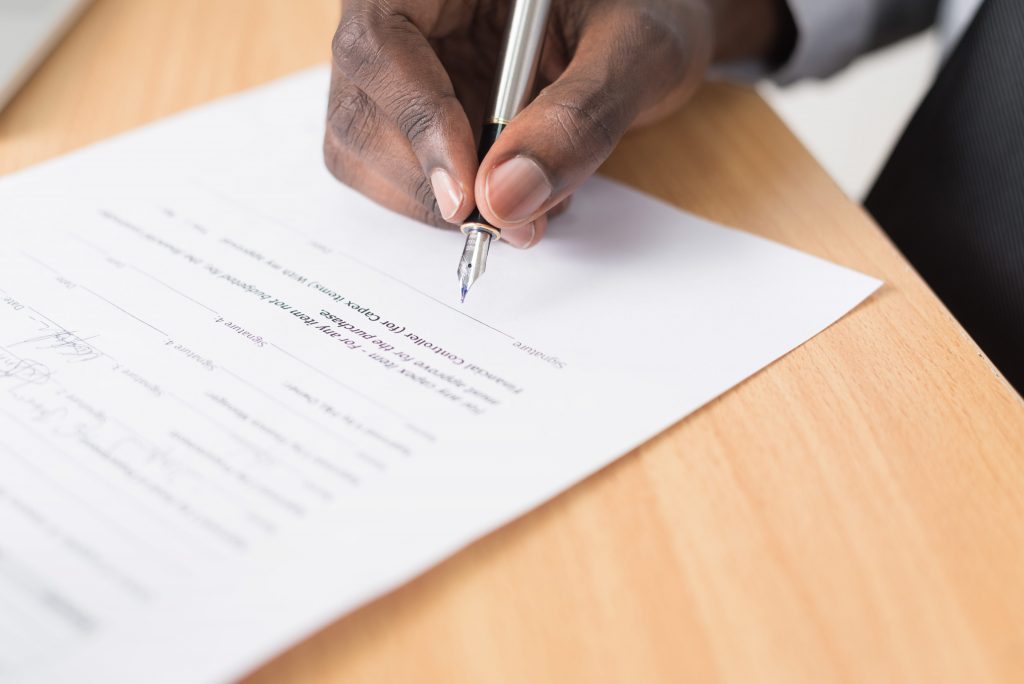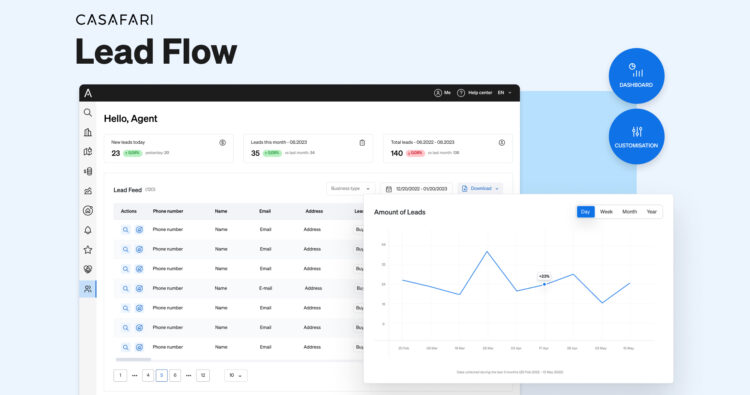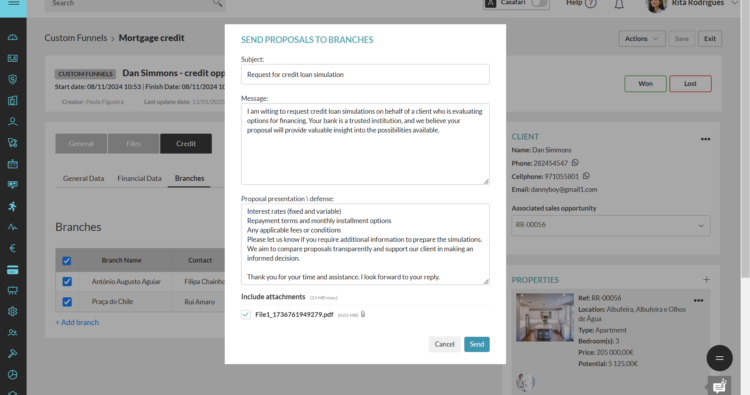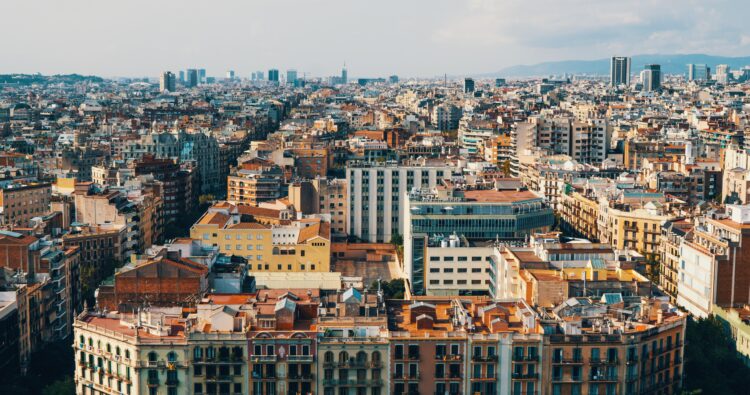Buying property in Portugal
Portugal is attracting a lot of attention from international second-home buyers, and with its great weather, excellent quality of life and huge tax benefits for those who come from abroad to invest in property here, this is no surprise. But navigating a foreign real estate system can be tricky and you’ll want to know you’re completely prepared for all taxes and costs you’ll have to pay. Here’s a guide to what you can expect to prepare for before buying property in Portugal.
In recent years, the government has put in place quite attractive measures for internationals interested in buying property in Portugal. The Non-Habitual Residence permit (NHR) is available to EU citizens, or if you’re coming from outside the EU you are eligible for the ‘Golden Visa’ scheme, which entitles you to five years’ residency if you invest more than €500,000 in property.
Don’t forget to use our Area Guides to get great insights into cities, regions and neighbourhoods in Portugal.
Important documents
Prior to buying property in Portugal, make sure you have your identification documents in order. You will need to get a tax number, called a número de contribuinte or a NIF, which you can obtain at the local council office from the government’s financial branch Finanças. Other documents you will need include proof of address and proof of identity, such as your citizen card or passport.
Promissory Agreement of Sale and Purchase (Contrato Promessa de Compra e Venda)
The Promissory Agreement is a legally binding contract signed by the buyer and the seller, in which both declare their commitment to fulfilling the property transaction.
The Agreement must identify the buyer and the seller, price, and payment terms, as well as clearly stating all inventory and assets that are included in the transaction.
At this stage, you will usually pay a deposit (referred to in Portuguese as a sinal) for the amount of 10-20% of the full purchase price. If you fail to complete the purchase within the agreed time, you lose your deposit. On the other hand, if the seller fails to fulfil his end of the contract, they must pay you twice the value of the deposit.
Deed of Purchase and Sale (Escritura de Compra e Venda)
The Deed of Purchase and Sale is usually signed no more than ninety days after the Promissory Contract takes effect, and effectively closes the property transaction. The Deed can be signed by yourself and the seller or by your lawyers acting as Powers-of-Attorney on your behalf.
The Deed must be signed in the presence of a Portuguese Notary who will then verify all of the documents involved in the process. After this, your lawyer will register your property into the Land Registry (Registo Predial).
Transaction costs and taxes to be aware of
The various costs and taxes that you should know about when buying property in Portugal are the following:
- Purchase price
- Property Transfer tax (IMT) or VAT
- Stamp Duty
- Wealth tax
- Notary costs
- Deed registration fee
- Legal fees (optional)
- Utility fees
- Surveyor costs (optional)
Purchase price
First of all, you and the seller will agree on a purchase price, payable to the seller. This will have been established in writing in the Promissory Agreement and the Deed.
Property Transfer tax (IMT)
IMT (Imposto Municipal sobre as Transmissões Onerosas de Imóveis), or the Property Transfer tax, is the payment you make when you buy a property from someone else (if the property is new, you pay VAT). It must be paid before you sign the Deed and you (or your lawyer, if you have one) pay it at the Finanças office. You must present proof of payment to the Notary.
The IMT is calculated as follows:
IMT = agreed property price OR net asset value (the highest value of the two) x applicable tax level – tax abatement
Online calculations are available or you can consult your lawyer to get the correct value you have to pay.
Here are the Property Transfer Tax rates as of 2019 in mainland Portugal, Madeira and the Azores.
Mainland Portugal
| Property price OR Net asset value (highest value of the two) | Tax rate | Mean tax rate |
| up to €92,407 | 0% | 0% |
| from €92,407 to €126,403 | 2% | 0.5379% |
| from €126,403 to €172,348 | 5% | 1.7274% |
| from €172,348 to €287,213 | 7% | 3.8361% |
| from €287,213 to €574,323 | 8% | N/A |
| €574,323 + | 6% | 6% |
Madeira and the Azores
| Property price OR Net asset value (highest value of the two) | Tax rate | Mean tax rate |
| up to €115,508.75 | 0% | 0% |
| from €115,508.75 to €158,003.75 | 2% | 0.5379% |
| from €158,003.75 to €215,435 | 5% | 1.7274% |
| from €215,435 to €359,016.25 | 7% | 3.8361% |
| from €359,016.25 to €717,903.75 | 8% | N/A |
| €717,903.75 + | 6% | 6% |
Properties valued at less than €92,407 in mainland Portugal and €115,509 in Madeira and the Azores are exempt from the IMT.
As mentioned above, if the property is new you will pay VAT (known as IVA in Portugal), not IMT. Here are the rates of VAT in mainland Portugal, Madeira and the Azores:
| Tax level | Mainland Portugal | Madeira | Azores |
| Standard | 23% | 22% | 18% |
| Intermediate | 13% | 12% | 9% |
| Reduced | 6% | 5% | 4% |
Stamp duty (Imposto do Selo)
Stamp duty is a tax on contracts, legal papers and other documents presented in a property transaction. As of 2019, it is 0.8% of the agreed property price and you pay this along with the IMT and Notary costs.
The value of the Stamp duty is calculated as follows:
Stamp duty = agreed property price OR net asset value (the highest value of the two) x 0.8%
Example:
The value of a property is €500,000.
€500,000 x 0.08% = €400
The stamp duty payable is €400
Wealth tax (Adicional Imposto Municipal Sobre Imóveis)
Wealth tax is payable by those with a share in Portuguese property worth more than €600,000, regardless of whether or not they are a resident. Implemented in 2017, the tax rate is currently 0.3%. When there are two property owners, the threshold increases to a combined value of €1.2 million, which international investors might find favourable.
Notary costs
The Notary is an independent ‘middleman’ that you are legally obliged to hire to oversee the sale process. You will need to the pay him to approve your documents and witness you and the seller signing the Deed. Notaries will usually charge 1-3% of the purchase price.
Deed registration fee
The deed registration fee is paid to the Notary when he approves all of the property documents.
Legal fees (optional)
Hiring legal representation for guidance and to act on your behalf in some capacities to purchase the property is beneficial if you don’t have time to go through the process yourself, or if you’d rather trust someone who knows the system better. Should you choose to use lawyer, you will need to take into account the legal fees. Lawyers in Portugal usually charge 1-2% of the purchase price plus VAT.
Utility fees
If you are buying a new property, you will have to set up electricity, gas, water and other necessary utilities, as this won’t be included.
If you are buying from a previous owner, make sure you arrange to have all utilities changed into your own name.
Surveyor fee (optional)
Though it’s not required, hiring a Chartered Surveyor is advised when buying a property in Portugal, and you may ask them to carry out a valuation, a homebuyer’s survey or both (a full structural survey). Many older Portuguese buildings are vulnerable to various defects, and even newer builds may have been victim of some cut corners due to economic instability in recent years. That’s why it’s always worth arranging an independent inspection for peace of mind.
It’s best to get the property surveyed before signing the Promissory Agreement, as this means you can still back out if it turns out to be in an unfavourable condition.
The price of a full survey is relatively low in Portugal. The Royal Institution of Chartered Surveyors (RICS) is a British organisation that operates in Portugal and is where you can look for regulated professionals. However it’s important to keep in mind that if you look for an English-speaking surveyor, make sure they have a thorough knowledge of Portuguese buildings.
It is advisable to allow a budget equal to about 8-10% of the purchase price to cover these fees.
If you’re coming from abroad, the process of buying property in Portugal can seem like a daunting task. But as long as you have all documents in order, you won’t be surprised by unexpected costs.
And remember: keep all of the property documents! If you ever plan to sell or rent your house in the future, all of these will be needed.
More on the blog: Back to Basics: What is Proptech?
